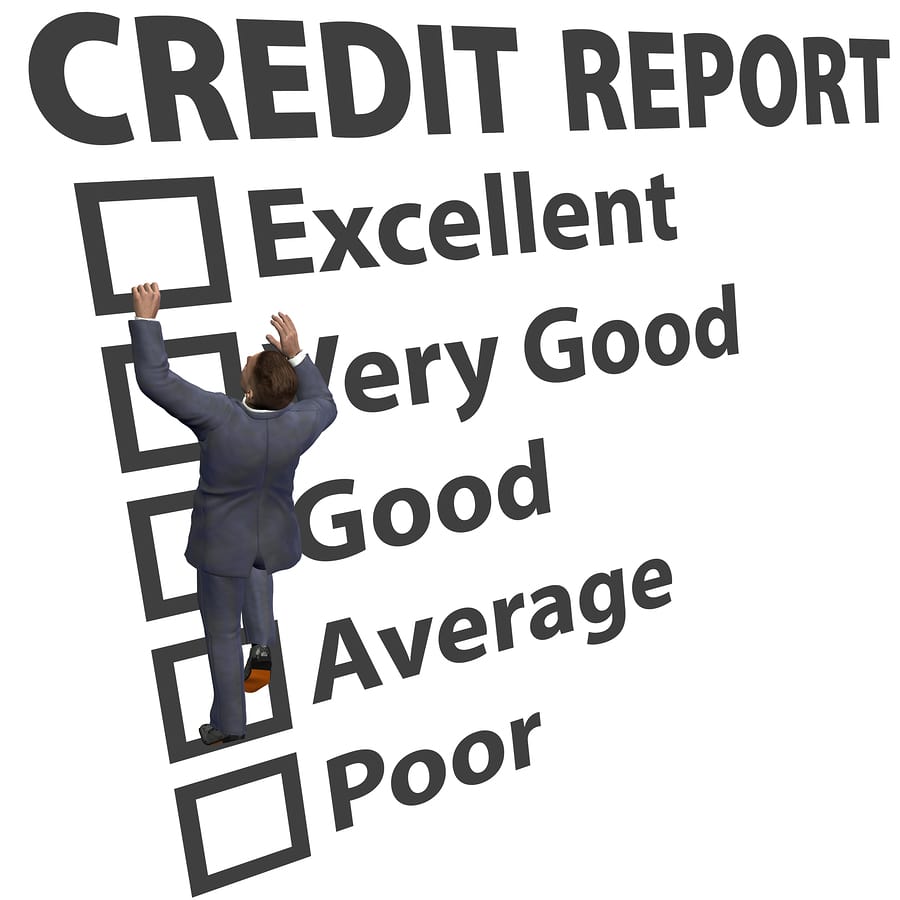 Curious about your credit score going up after you already have filed bankruptcy? Bankruptcy laws were made to help the consumer, that’s the honest truth. Being worried about what may come after filing is very common among many different people. Even hearing rumors about not being able to establish credit, losing everything you have or even bankruptcy will hurt your credit for 10 years does not help the worry either. Let’s start off by first saying these are clearly all myths.
Curious about your credit score going up after you already have filed bankruptcy? Bankruptcy laws were made to help the consumer, that’s the honest truth. Being worried about what may come after filing is very common among many different people. Even hearing rumors about not being able to establish credit, losing everything you have or even bankruptcy will hurt your credit for 10 years does not help the worry either. Let’s start off by first saying these are clearly all myths.
Even if your credit scores all decline or increase instantly after filing bankruptcy there are many opportunities to detect growth through sprucing up your credit logically.
- Review your credit report. You would need to make sure there is no inaccuracy on your credit report that may hinder your credit score. Going to annualcreditreport.com to get the most up to date version of all three credit reports is a start. Using this site it will allow you to get all three credit reports free once every 12 months from the time you originally inquired. Typically, it is good to pull your credit again around three to six months once the bankruptcy case has been honored. This permits time for all the creditors to rectify their accounts to the credit reporting agencies. Making sure that the discharged balances from the bankruptcy are being conveyed to the credit departments with a zero balance is significant so it doesn’t count against you as an unresolved debt, particularly if you ever request for any new lines of credit.
- Effectively paying on time. It is as straightforward as it sounds. Paying all bills punctually for whatever you need to operate your home; such as; rent and utilities to child support and alimony. If these aren’t paid it can end up on the credit report. Scheduling reminders about due dates with your phone can help be successful with this. The credit counseling classes that were required by the bankruptcy court will teach some values regarding budgeting your money. One of the key purposes of a budget is to fully understand all of your expenses. You do not want to get in another financial hole.
- Getting credit after bankruptcy is important but you do not want to overdo it. Start small and be cautious. Open one account at a time and gradually progress from there. When you acquire one credit card use it for small purchases and then pay the balances right away. Credit bureaus want you to have more untouched credit accessible to you.
- Recognize your limits. Going over your limit on a credit card doesn’t look pleasing to the credit agencies. Steep amounts do not score as well as the lower amounts. Monitor you charges carefully and budget to pay more than the minimum each month or you can also just charge what you know you can pay. Also, an assortment of credit will helps the credit score rise. Such as, various types of loans such as a credit card, mortgage, and vehicle loan etc. Do know that there is a difference in good credit and a heavy debt load is very important.
- Make sure you keep all of your paperwork from when your bankruptcy gets discharged. Many lenders before considering you for future lines of credit want to see this paperwork from you. For example, if you were trying to get a vehicle loan right after discharging your bankruptcy it is possible as long as you bring this paperwork with at the time of taking out the loan. Also, if something ever pops up in the future you will always have the paperwork to relate back to just in case there are any questions that come up. Plus if you happen to lose this paperwork you may have to pay to get copies of these from the attorney you used or even the bankruptcy court themselves.
Furthermore, credit is the main focus of modern day life to be successful. You are going to need credit to buy a home, to finance or even lease a vehicle, to travel around the country in an RV or to just rent an apartment. Good credit will only make life easier. Who would not want that? Starting an emergency fund and sticking by it may also help with any financial concerns during any downtime. Remember, Bankruptcy is an opportunity for a “do-over.” It is a renewed start on your financial life. These applicable suggestions are simple and may enhance the credit score, no more than 3 years. Take these steps, and you can be equipped for much of whatsoever life may throw at you.
Resources https://www.thebankruptcysite.org/resources/life-after-bankruptcy.html
Annualcreditreport.com
http://blog.credit.com/2014/12/5-things-to-do-after-bankruptcy-103308/
http://www.totalbankruptcy.com/life-after-bankruptcy/after-bankruptcy.aspx